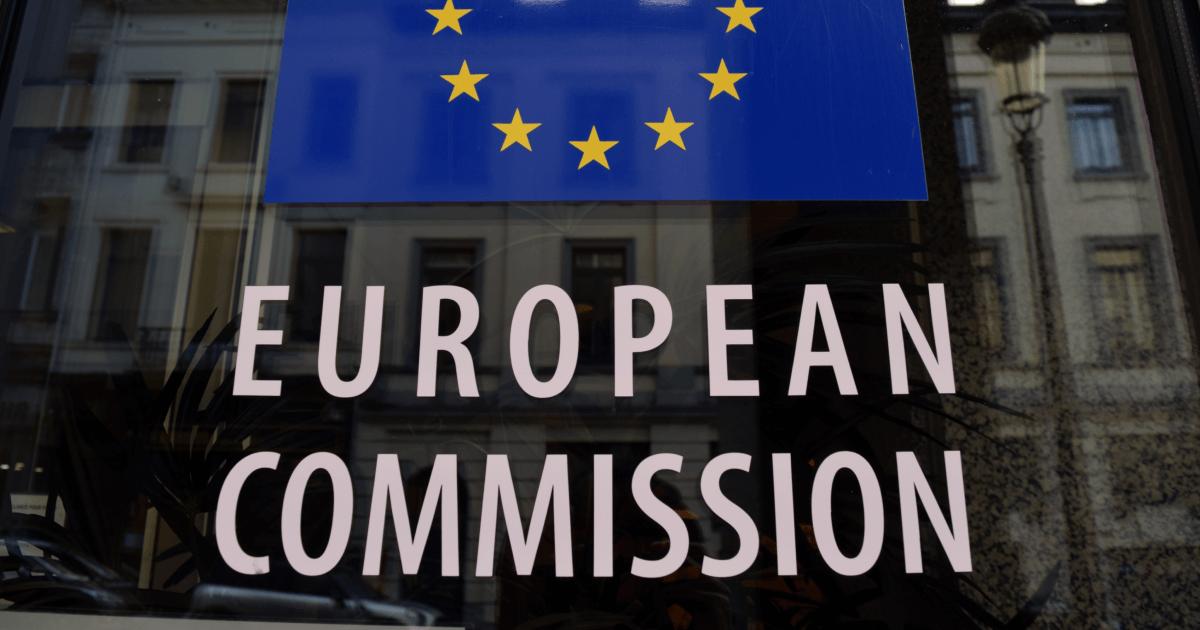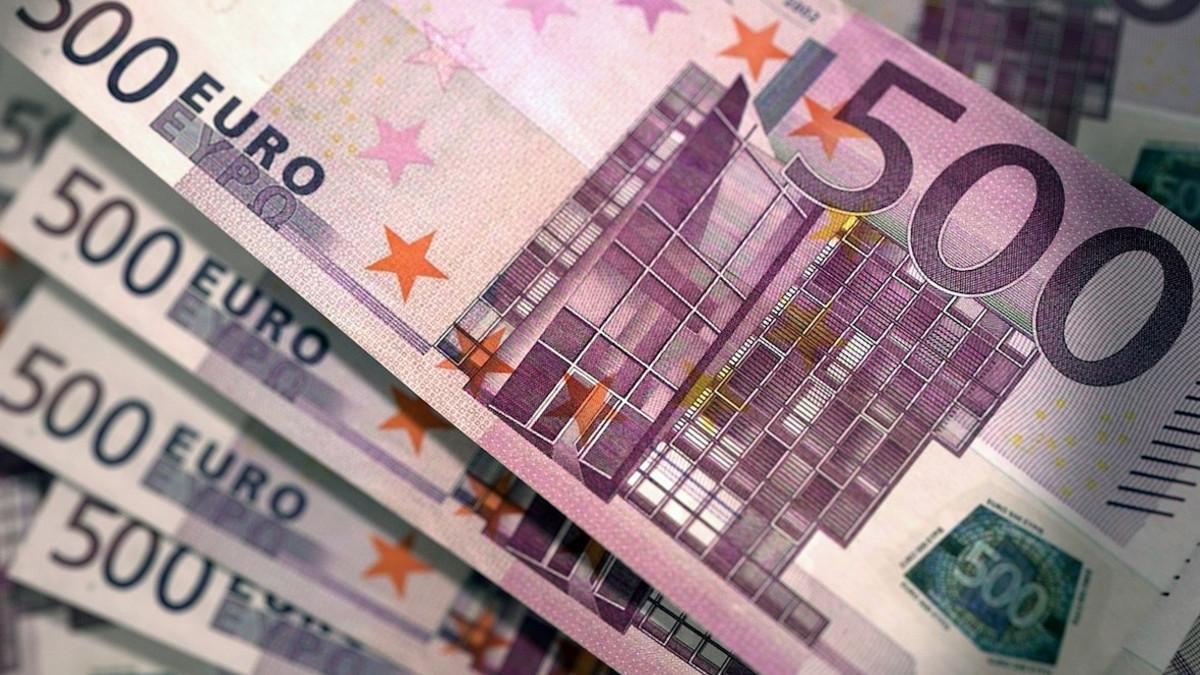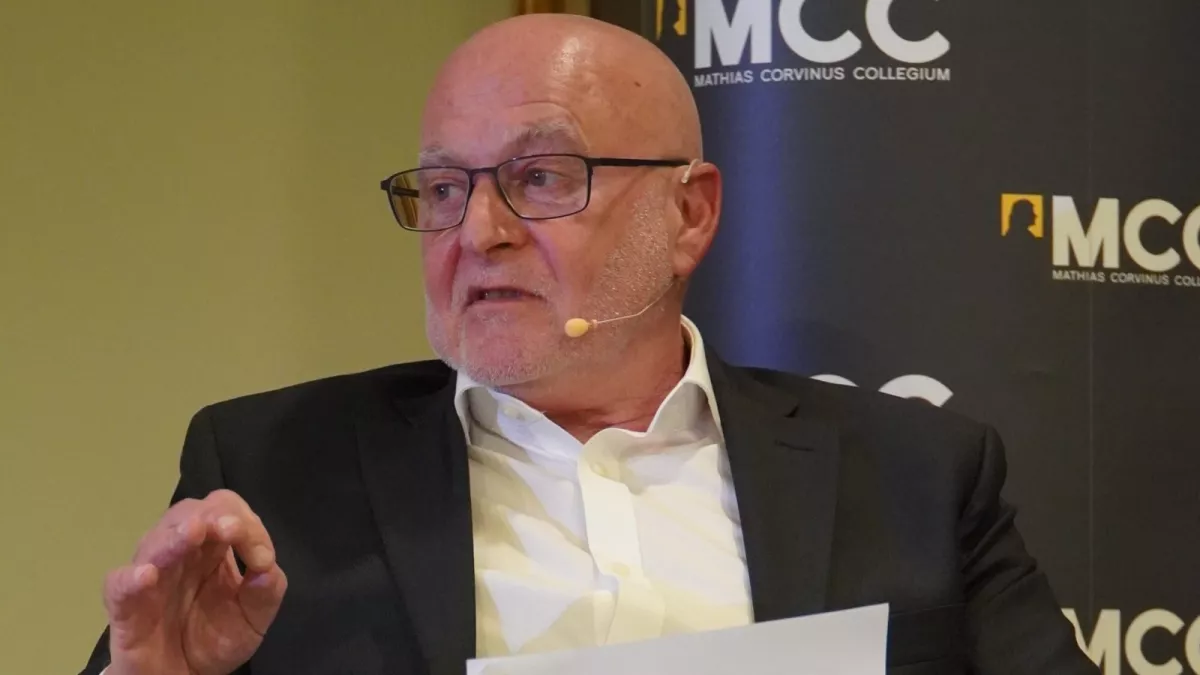EU’s battle against free speech: New report exposes €650 million agenda Article by Hungary Today
The Hungarian news outlet Hungary Today has published an exposé revealing a covert campaign by the European Union to exert control over freedom of expression. Caliber.Az offers its readers an adapted version of the article.
MCC Brussels has released its latest report, Manufacturing Misinformation: The EU-Funded Propaganda War Against Free Speech, authored by Dr. Norman Lewis. The report underscores the European Union’s allocation of millions of euros to projects focused on combating so-called "hate speech" and "disinformation," predominantly funded through the Horizon research program.

The report exposes a covert initiative by the European Commission to regulate public discourse across Europe under the guise of addressing “hate speech” and “disinformation.” According to the findings, the Commission has directed nearly €650 million into 349 projects aimed at countering these issues, with the funds supporting numerous unaccountable non-governmental organizations (NGOs) and academic institutions. MCC Brussels’ statement outlines how this substantial allocation of taxpayers’ money has fueled what is described as an Orwellian disinformation complex designed to dictate and control the language of public debate.

The report contends that the EU’s actions are not benign governmental efforts, but rather a deliberate, systematic assault on free speech in Europe. It asserts that the European Union is waging a silent war on language regulation, striving for a top-down, authoritarian consensus in which free expression is permitted only when it aligns with the language of compliance set by the Commission.
The report outlines a series of projects that, although framed in euphemistic terms such as “NEUspeak,” aim to construct an ideological infrastructure capable of shaping political narratives and influencing public opinion. These initiatives are part of a larger attempt to create moral panic around the concepts of “disinformation” and “hate speech,” with the intention of empowering EU institutions to regulate online discourse further through the Digital Services Act (DSA).
The EU’s funding of activist-researchers is described as producing a narrative central to the Union’s legitimacy—namely, that only EU institutions have the authority to safeguard European democracy against misinformation and hate speech. This is labeled as a “Ministry for Narrative Control,” designed to shape European thought and delegitimize alternative narratives, including the growing populist opposition.
Several specific projects are examined in the report:
FAST LISA (“Fighting hAte Speech Through a Legal, ICT and Sociolinguistic Approach”): While presented as an initiative to tackle online hate speech, the report critiques it as a system of speech monitoring and behavioral influence. This project utilizes AI-powered surveillance and seeks to train young people to become “agents” or “speech police” enforcing the EU-approved narrative.
VIGILANT (“Vital IntelliGence to Investigate ILlegAl DisiNformaTion”): This initiative aims to create a platform for law enforcement to combat online hate crimes. It is described as developing a sophisticated AI system to automate the surveillance and classification of online content, blurring the lines between harmful speech and political dissent. This project is seen as laying the groundwork for real-time ideological policing by authorities.

VERA.AI (“VERification Assisted by Artificial Intelligence”): Focused on creating AI tools for media professionals to detect fake content, VERA.AI is criticized for attempting to centralize an algorithmic system of narrative detection, where "truth" is determined through AI and training data sets defined by unaccountable entities. The "fact-checker-in-the-loop" approach, according to the report, enforces an algorithmic truth that is not open to debate.
The report highlights that the EU's spending on these projects exceeds the funds allocated for transnational cancer research projects by 31 per cent. This, the report argues, demonstrates the EU’s reliance on creating problems it then claims to solve.
What is often presented as neutral “research” is, according to MCC Brussels, a confirmation of preordained political assumptions, with academia and NGOs incentivized to legitimize the Commission’s narrative.
MCC Brussels emphasizes that the report is not just an exposé of financial misuse, but a call to action for democracy. It asserts that when language is manipulated—narrowed, obfuscated, or stripped of meaning—the potential for resistance and the development of alternative perspectives is similarly diminished. The Commission, by defining what may be said and how it should be framed, does not protect democracy but erodes it. The report concludes with a warning that this crusade, disguised as a defense of free expression, is in fact undermining free speech and democracy.

“This is not benign,” said Dr. Norman Lewis, author of the report. “These 349 projects involve hundreds of organizations in a recursive, self-serving loop. It’s a corrupt and corrupting influence that diminishes civil society and academic integrity. There is no pursuit of truth – only alignment with a bureaucratic narrative designed to stifle opposition.”
MCC Brussels warns that this campaign—presented under the banner of democracy—poses a serious threat to democratic values by narrowing public discourse and suppressing dissent in favor of algorithmic governance and elite consensus.








